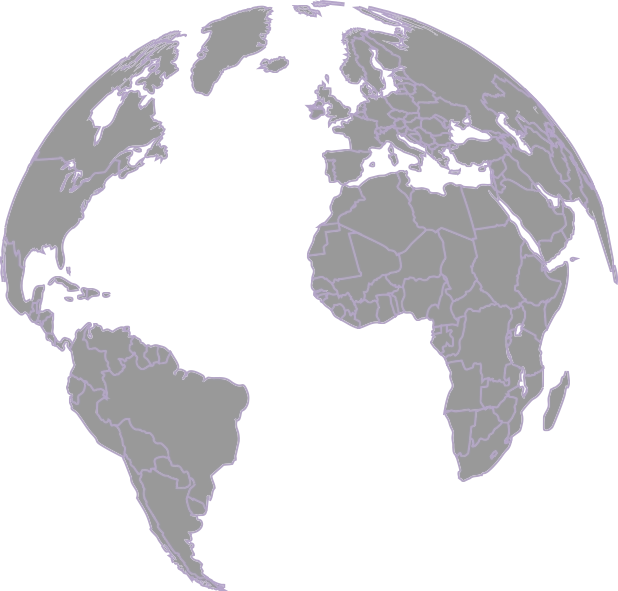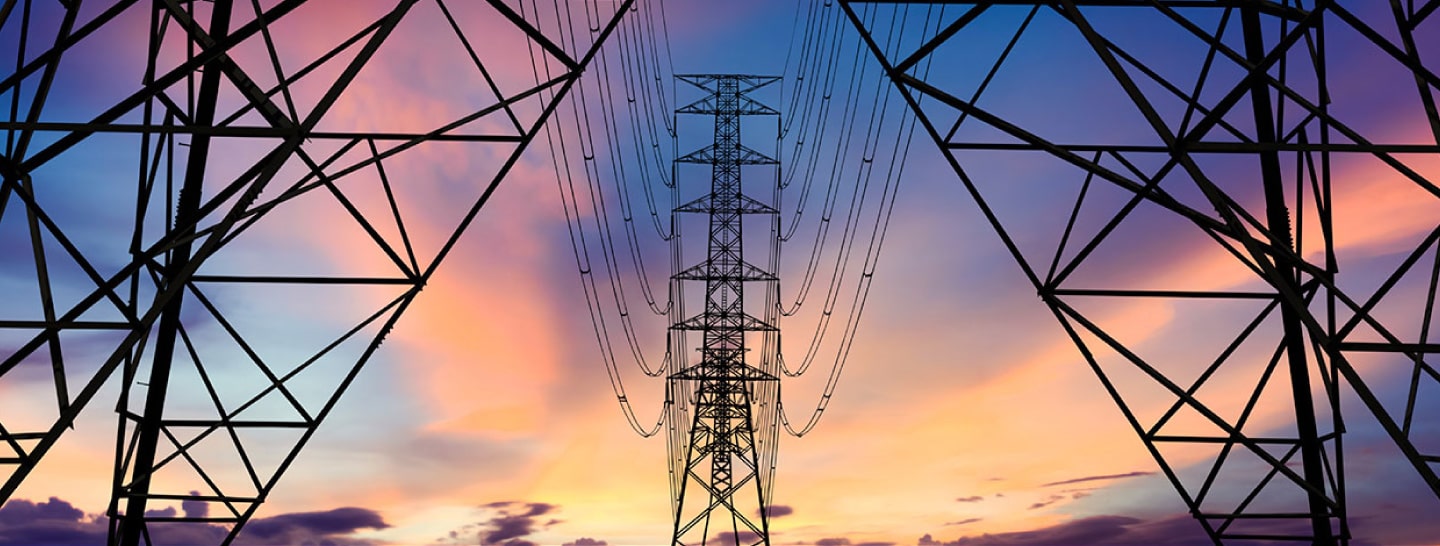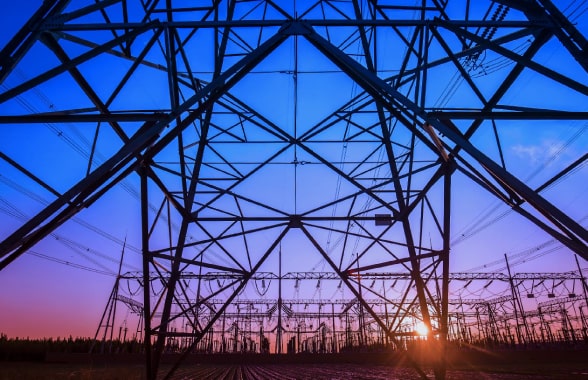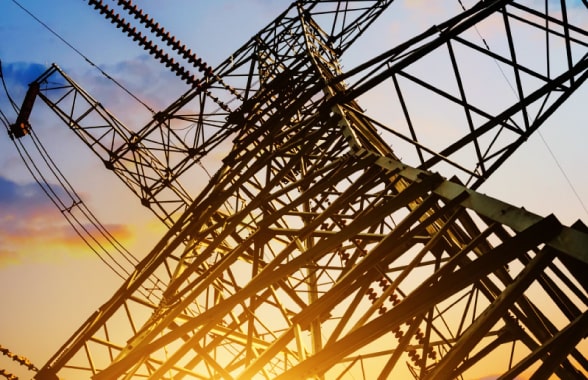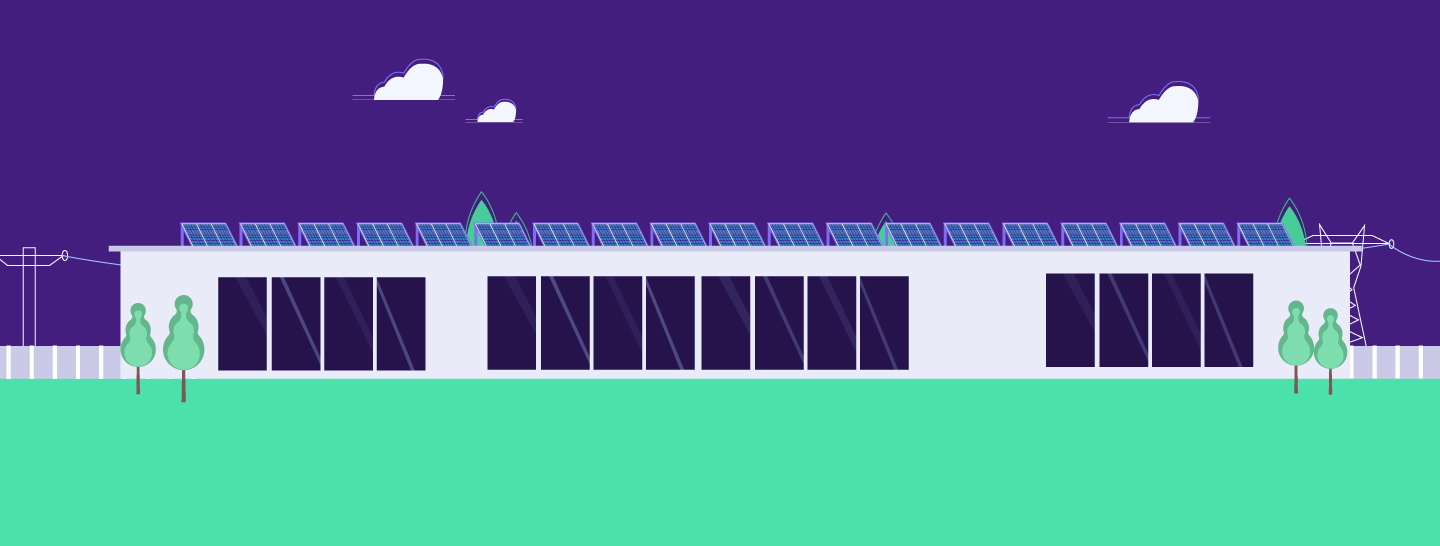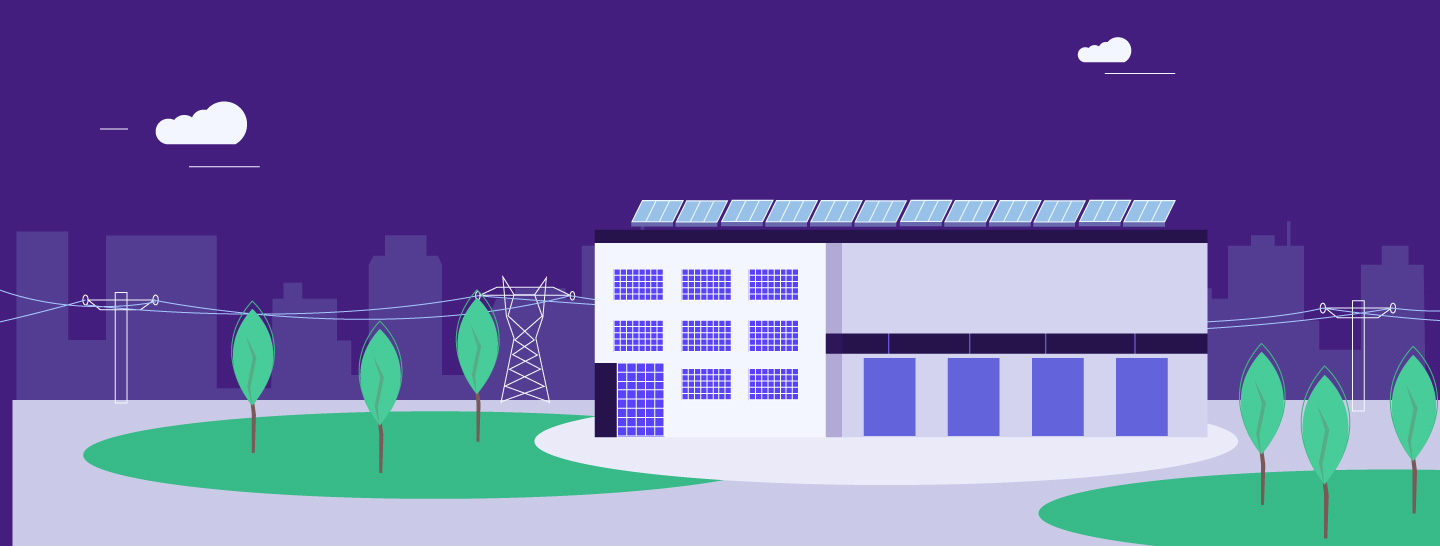Electricity grids by their nature have to balance supply and demand in real time to avoid damage and power outages. They must maintain a constant frequency — typically 50 hertz — which can be thrown off balance if there is a sudden mismatch between supply and demand.
Demand Response programs pay companies that agree to reduce the amount of energy they draw from the grid in response to signals from the network operator. For the utility, they are a clean, cost-effective alternative to installing new power plants or bringing capacity held in reserve back online in order to restore the grid’s energy balance.
